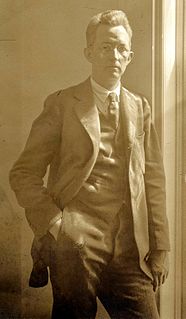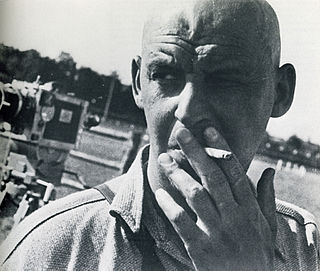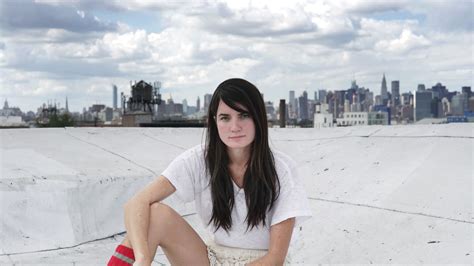A Quote by John Lanchester
Photography brought a lot to painting because it forced artists to think about what painting could do that photography couldn't.
Related Quotes
I was always interested in drawing and painting. I enrolled in college to study painting. But I didn't have any livelihood when I graduated. My mother died very young, and I didn't have any home, so I had to find a way to earn a living. It seemed to me that photography - to the great disappointment, I have to say, of my painting teacher - could offer that. So I went and did a degree in photography, and then after that I could go out and get paid for work. For portraits, things like that.
Humans have changed the landscape so much, but images of the sea could be shared with primordial people. I just project my imagination on to the viewer, even the first human being. I think first and then imagine some scenes. Then I go out and look for them. Or I re-create these images with my camera. I love photography because photography is the most believable medium. Painting can lie, but photography never lies: that is what people used to believe.
Painting is traditional but for me that doesn't mean the academy. I felt a need to paint; I love painting. It was something natural - as is listening to music or playing an instrument for some people. For this reason I searched for themes of my era and my generation. Photography offered this, so I chose it as a medium for painting.
Has it led you to the conclusion that photography is an art ? Or it is simply a means of recording ? "I'm glad you asked that. I've been wanting to say this for years. Is cooking an art ? Is talking an art ? Is even painting an art ? It is artfulness that makes art, not the medium itself. Of course photography is an art - when it is in the hands of artists."
We struggle against easel painting not because it is an aesthetic form of painting, but because it is not modern, for it does not succeed in bringing out the technical side, it is a redundant, exclusive art, and cannot be of any use to the masses. Hence we are struggling not against painting but against photography carried out as if it were an etching, a drawing, a picture in sepia or watercolor.







































